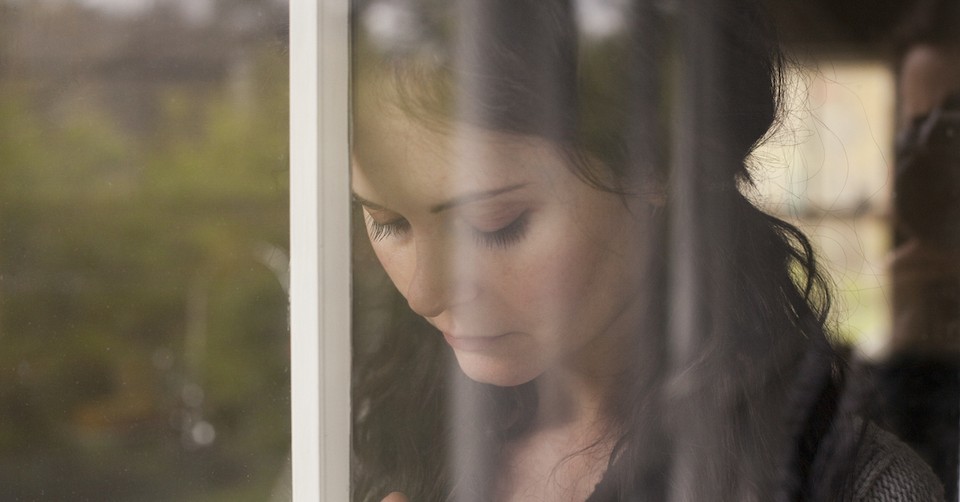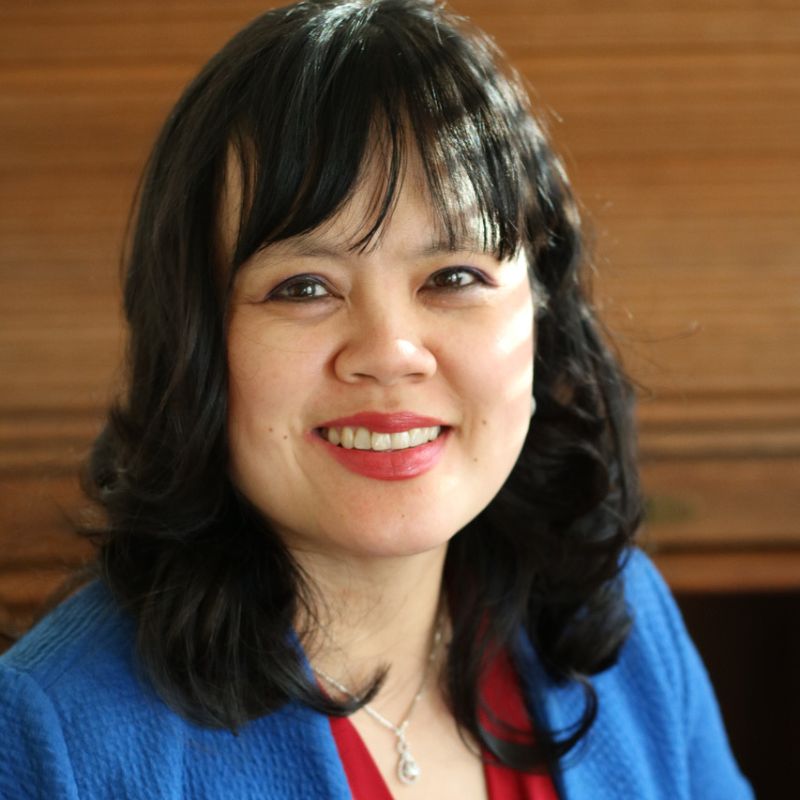3 Reasons Why Goodbyes Hurt So Much

Dear Customer,
This bank’s Sherman Oaks branch will permanently close after May 2023.
Wah wah wah wah wah.
OK, so the rest of the letter doesn’t exactly read that way. But it might as well have. The professional—but impersonal—notice attempts to assure their customers about how the upcoming merger will serve us better and how our welfare is their top priority, using all of the customary language you can expect from such a correspondence.
I ignore every detail but one.
The stark reality that my bank is closing.
If you’re curious why this is such a big deal, I have a ready answer.
A few, actually.
Because right after I launched my practice, I opened checking and savings accounts for my business. At that branch.
Because that one has been my primary bank for over 14 years, and as such, I’ve developed a real affinity for two of their tellers. (Hi, Claudia and Maribel.)
Because I maintained a safe deposit box there and frequented it often, until they forced me to return the keys due to this impending closure.
And because goodbyes hit us hard.
You don’t have to face the exact set of circumstances to agree. (Is there anyone else who’d feel as strongly when their bank disappears? I wonder.) But if you’ve endured a breakup, lost a spiritual mentor, put your beloved poodle to sleep, moved to a different state—basically, if you’ve ever grieved—I think you’d agree.
Goodbyes kill something within us.
But why?
Here are three possible reasons.
1. Reminders of Endings
Once upon a time, I would relish a delicious dish and, in between bites, assure myself that I could always return to that same establishment. I’ve since dropped this assumption, given how COVID and the accompanying lockdown have demolished scores of small businesses—stores and eateries included.
Maybe we assume the neighborhood bakery will always tantalize us with their scrumptious cinnamon rolls and freshly brewed coffee as a protective mechanism. Who wants to admit the harsh reality that nothing lasts forever?
For the most part, we carry on with this denial just fine. The West—especially America—shun pain at all costs. Following her sister’s unexpected death, Amanda Held Opelt published a book and cited how the American funeral industry shifted the language around death to euphemize terms that were too closely associated with pain.
Hence, we now choose a casket instead of a coffin. We attend services, not funerals.
Being preoccupied with death can be debilitating, so deflecting thoughts about it is healthy. To a degree.
Yet, when death manages to break through the shrouds we’ve silenced it under (like me and the bank closure), it can feel shocking. It shows how fleeting life is, no matter how hard we try to evade the evidence. In the words of the psalmist, “We disappear like a breath; we last no longer than a faint shadow” (Psalm 144:4, CEV).
2. Others’ Decision
The reason I won’t have a local bank anymore is likely because powerful moguls, interested in the bottom line, held a powwow and purposed it would be more profitable if they merged two banks together. The backstory to your own personal goodbyes may be more personal and less materialistic, but it could still leave you with a loss.
Maybe more massive than mine.
A spouse who betrayed your bed. Your childhood friend’s fourth battle against cancer. A sweet child who loved God but left college a prodigal. A parent who died. Your only sibling ghosting you because of differing socio-political persuasions.
So many different reasons to grieve.
Mourning a loss is taxing to begin with. However, the process doubles in difficulty when we’re the unwanted recipients of someone else’s decision. Many have even blamed God as they endured the will of someone other than themselves, like Proverbs 19:3 states: “We are ruined by our own stupidity, though we blame the LORD” (CEV).
3. Attachment Loss
Claudia has got to be the friendliest teller I’ve ever met. She welcomes every customer by name, exudes real joy at our entrance, and—get this—remembers copious details regarding each of us.
I once asked if she treated every customer like this. She shrugged and claimed, ”It’s not a big deal.”
Nah. I don’t buy it.
If she works at the only bank in some rural town where everyone knows everybody else’s business, maybe. But she works in an uncaring, ruthless metropolitan. I’m sure it takes Claudia effort and interest to make her customers feel known.
This brings me back to the bank closure I’d never wanted. Who will sincerely smile at me in the new branch? Who will then ask about my mom or admire my red blazer or banter about vacationing at Yosemite, like Claudia did? The negative (read: realistic) side of me thinks the tellers at the new branch will only regard me as another set of numbers. Bank accounts. Today’s deposit amount. Daily balances.
Ultimately, my grief about losing touch with Claudia has to do with the final reason goodbyes act like a dimmer switch.
Because God created us to be relational beings, we have an innate capacity to attach to others. People. Objects. Locations. Animals. Even plants.
It hurts when these attachments are dissolved.
But that’s not all. The current loss has a way to also magnify earlier losses, especially if the latter hasn’t been fully grieved.
Facing the Different Future
Soon I’ll have to bank at a completely new branch.
Complete with a foreign team of tellers.
Probably with a new set of bank accounts.
Download a new app, memorize a new password, etc., etc.
Even typing the above words sets me on edge.
Whatever your now—though unwanted—reality may be, I suggest you face it head-on.
But do make space for grief. Like Nicholas Wolterstorff wrote about his son who died, “If he was worth loving, he is worth grieving over.”
Whether your loss happened last night or a lifetime ago, please let yourself grieve. Cry—heave if need be—and in doing so, gain closure.
Goodbye, Sherman Oaks branch. You’ll always claim a special corner in my memory bank.
Photo Credit: ©GettyImages/ Erica Shires

Originally published May 09, 2023.




